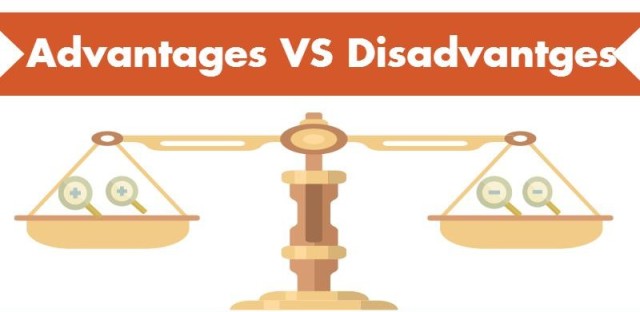
I AM A NEW PERSON, online!
Throughout this 12 weeks of self-orientated learning, we were expose to different Topics which are relevant to our online presence. The below summary will include what I have learnt and concluded my stance for each Topic, which will be used as a framework for the development of my Social Media accounts.
# How do I manage my multiple identities
I learnt that companies review candidate’s social media platform prior to selection to access and understand the suitability of a candidate.
Continue reading →









